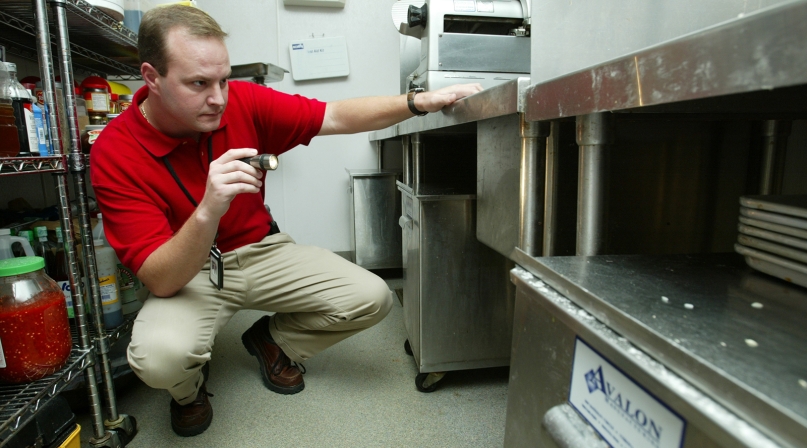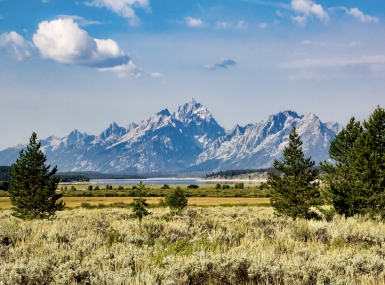County ‘Yelps’ Restaurant Inspection Scores
Upcoming Events
Related News

Wake County's posting of restaurant inspection data gets it out of a database to the public
Problem: Few people were visiting the county’s website to get restaurant inspection data that could be helpful.
Solution: Make the information available through Yelp, the popular review website and smartphone app.
Yelp is fueled by opinions. People use the website and app to rate all sorts of things — from the temperature of their dinner entrée to whether the plumber showed up on time.
At times, it’s been criticized for users posting fake reviews. But in Wake County, N.C., all those opinions — at least where restaurants are concerned — are bolstered with some indisputable facts: health inspection data.
The county automatically pushes its restaurant inspection scores daily to Yelp. For each of more than 2,600 restaurants in the county, their health inspection scores appear right next to customers’ one-through-five-star reviews.
“I heard about something like this at an innovation conference,” said Bill Greeves, the county’s chief information and innovation officer. “We contacted Yelp, and no county had done it yet, so we said, ‘That’s a little bit of a challenge; let’s give that a try.’”
The restaurant inspection data was already publicly available through the county’s website, but it was “extremely buried and hard to get to,” Greeves said.
“It wasn’t being used very heavily, particularly not by the public,” he added, “so what we thought would make sense was to get that data over to Yelp … and it just seemed like a good match.”
Via Yelp, you can find information by inspection date and type of violation, which can range from “In-use utensils: not properly stored” to “Food not properly stored to prevent contamination.”
The IT department worked with environmental services, which does the inspections. At no cost except four to six weeks of a staff database administrator’s time, the data was translated into a format compatible with Yelp’s database “language,” according to Bill Scanlon, the IT department’s open data coordinator.
In 2015, the initiative received an Excellence in Communications Award for Biggest Impact with Small Budget from the North Carolina Association of Government Information Officers.
“One of things that I love about the story is that not only was the level of effort on our side not staggering,” said Scanlon, “the benefit for the consumers and for the citizens is tremendous.”
The Yelp health inspection data page is a two-way street, in addition to providing information to the public, it has an email link that can used to lodge a health complaint about a restaurant or report that data on the site might be inaccurate or outdated.
“This partnership is a perfect example of how open data in government can be leveraged to create a better experience for consumers while promoting the public good,” Scanlon said.
“I think what most people appreciate is you don’t have to change how you use Yelp to get access to this information.”
He said their work helped to establish a data standard for restaurant inspection data.
“That made it easier for other counties or cities to … normalize their data — to eliminate their jargon and such to put it into to the Yelp standard. I do know that a lot of the local municipalities followed our example,” Greeves said.
He and Scanlon foresee future opportunities to engage with the local “civic tech community.” Wake County, in the heart of North Carolina’s Research Triangle, has a deep vein of tech volunteerism.
“We’re looking at other kinds of similar things with other sets of data that we collect for other purposes now.”
Bright Ideas features noteworthy and award-winning county programs.
Attachments
Related News

ERC fellows demonstrate value of relationships in economic development
Traditional economic development schools of thought do not typically recognize relationships as assets that a community can use to further their economic development agenda, but Economic Recovery Corps fellows feel otherwise.

Congress Passes Landmark Outdoor Recreation Package
Lawmakers passed the bipartisan EXPLORE Act (H.R.6492) on December 19 to boost outdoor recreation opportunities on public lands for county residents and visitors and aid gateway communities

Counties Applaud Passage of WRDA/EDA Package
Omnibus package will advance county interests in economic development, water infrastructure